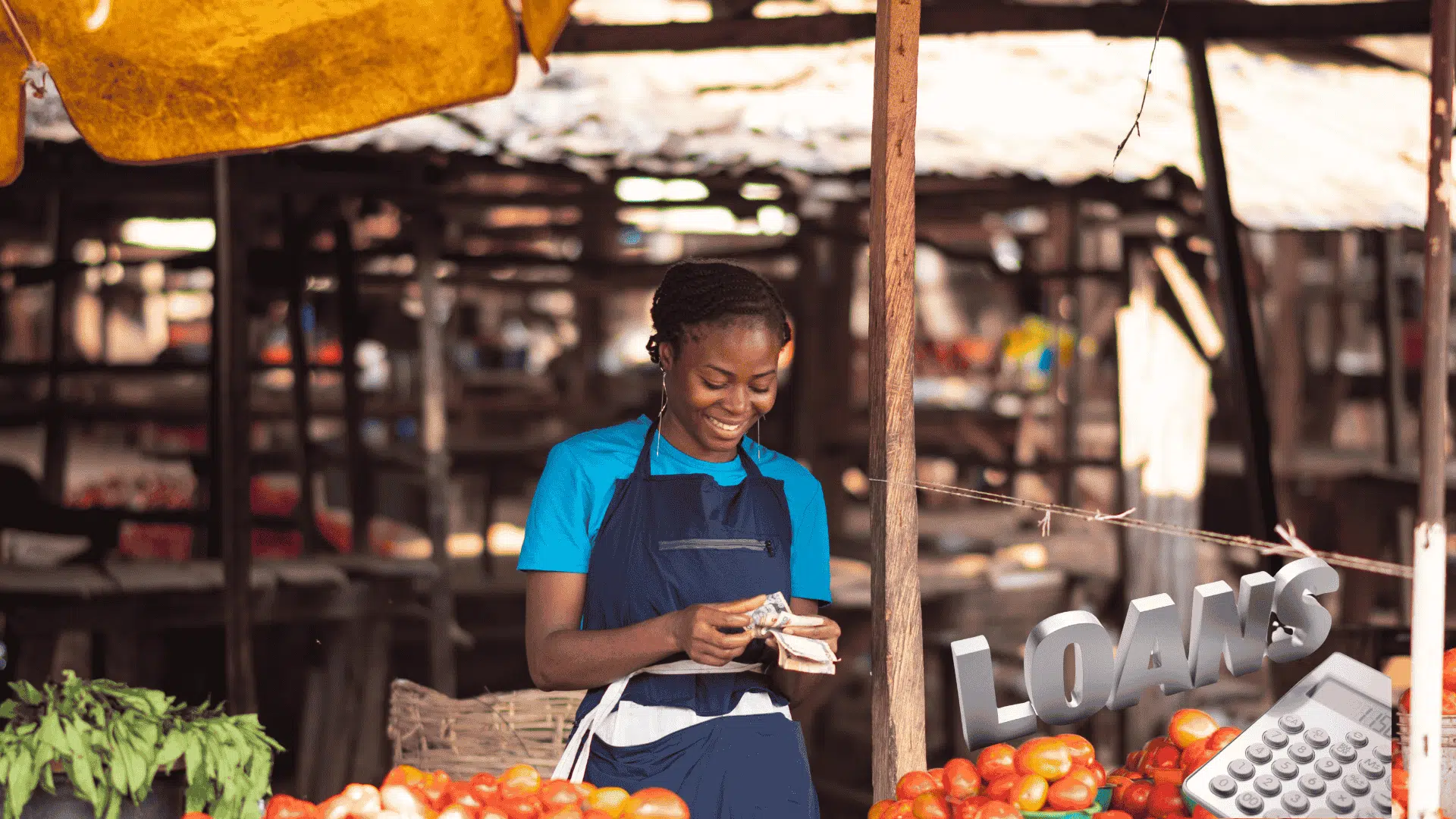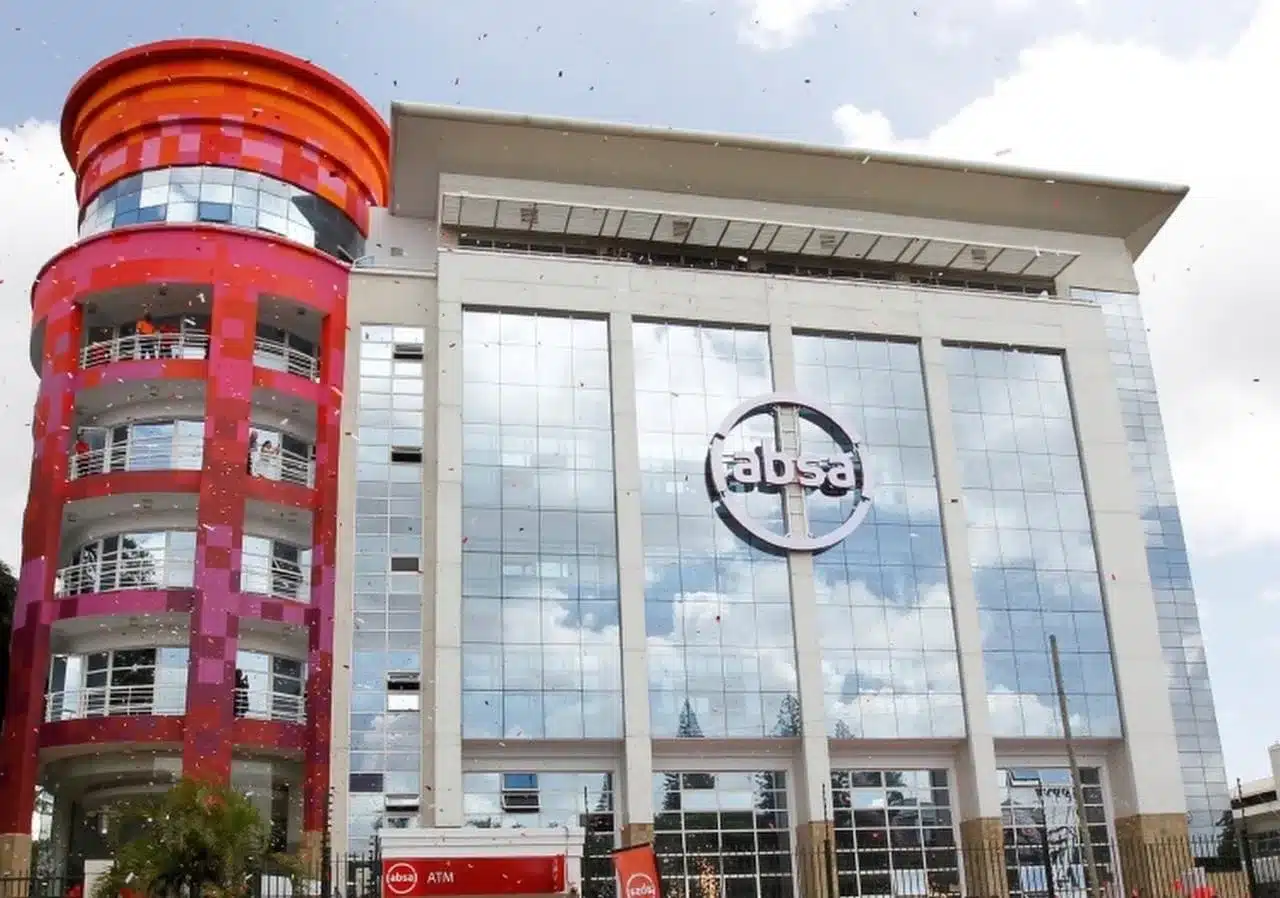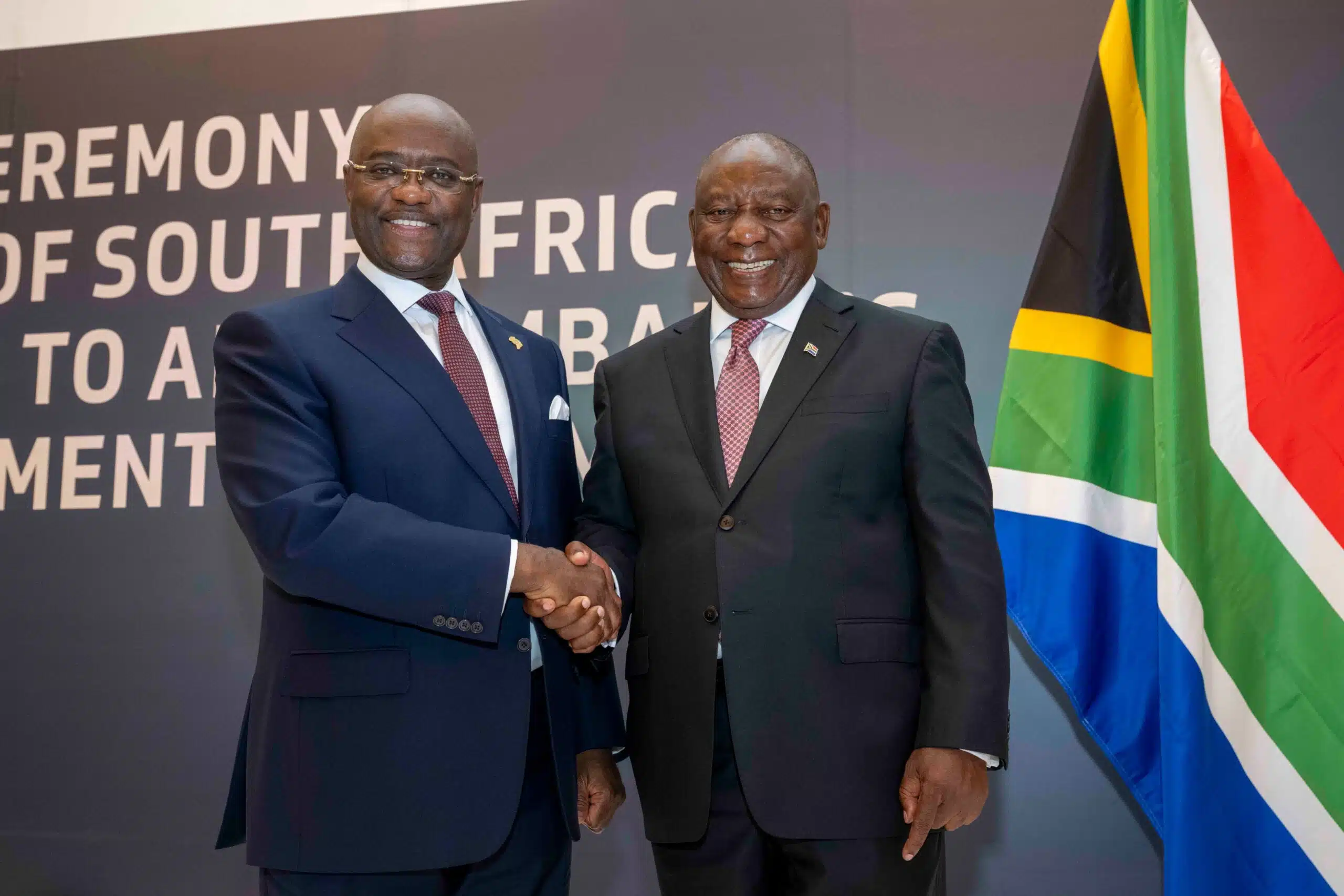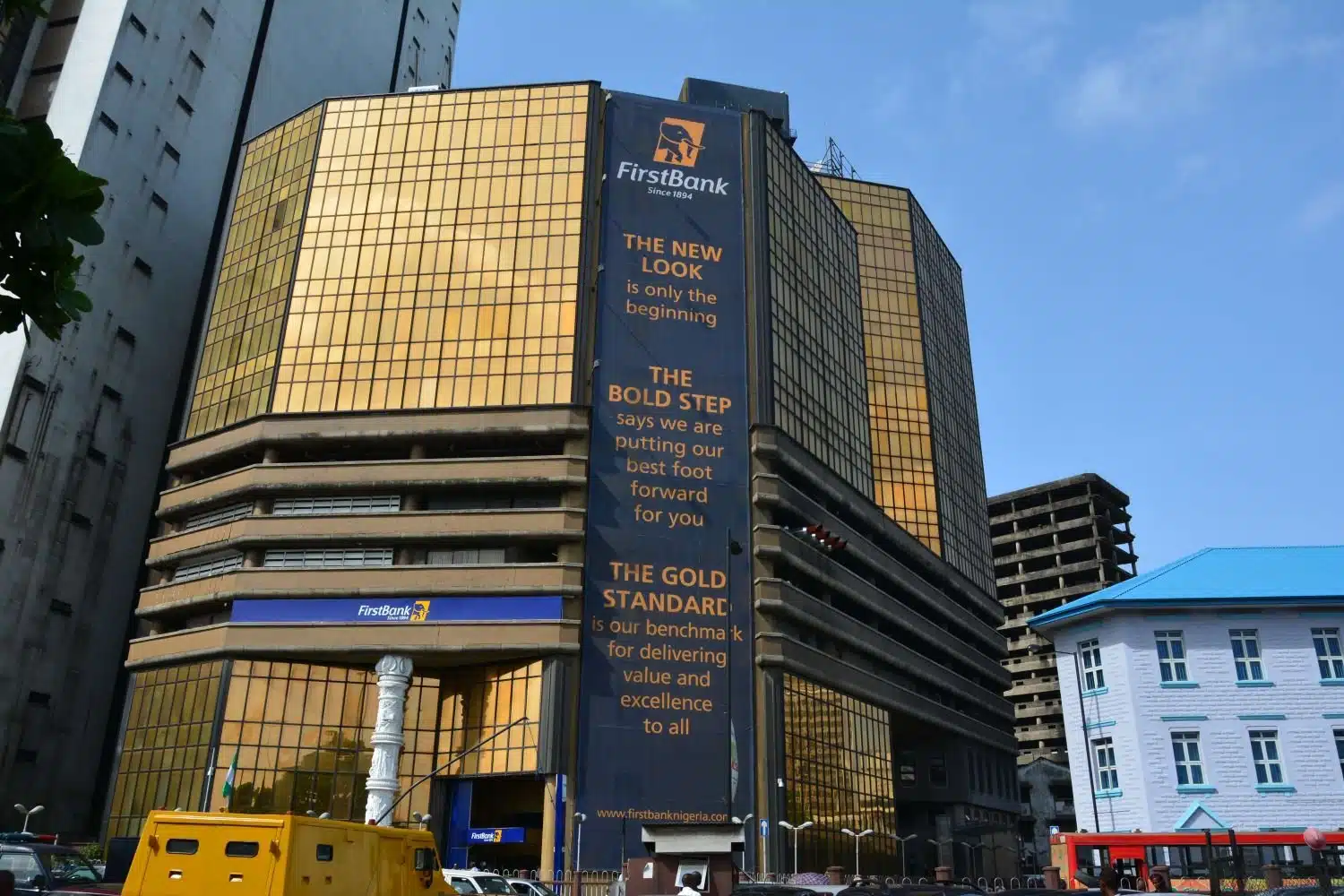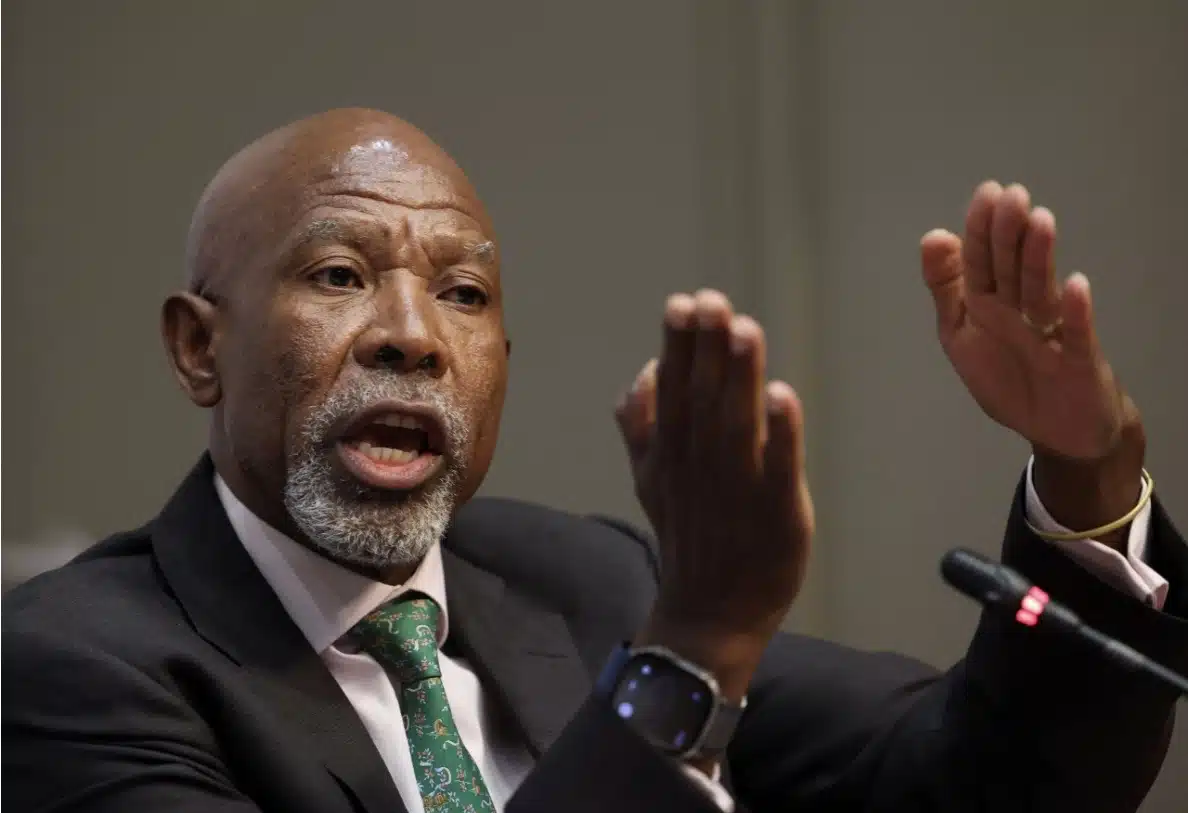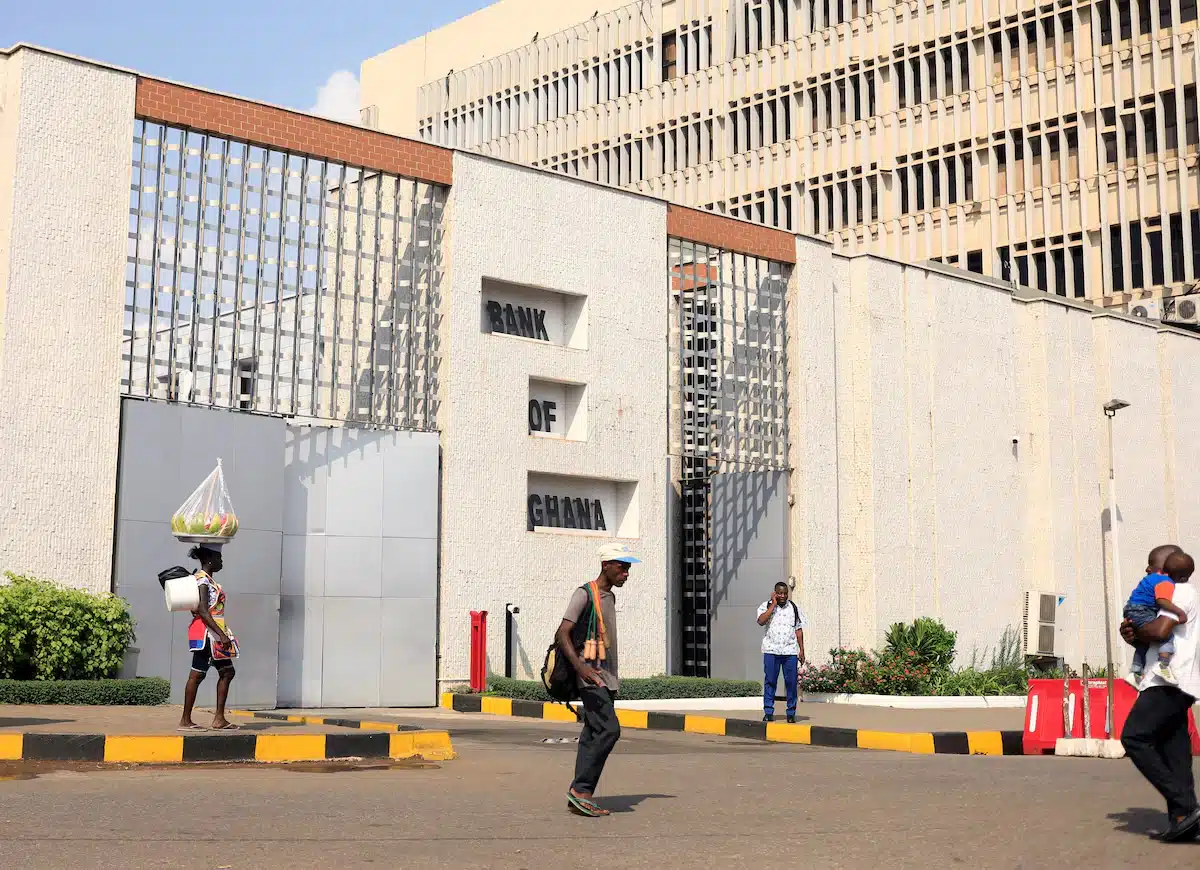Only 19% of Nigerians rely on banks for loans, while nearly half turn to family, friends, and cooperative associations for credit, according to a recent study by Intelpoint and Finance in Africa.
This trend highlights deep distrust in the banking system but, more critically, exposes the high cost of borrowing, driven in large part by Nigeria’s record-high interest rate spread.
A recent report by CFG Advisory revealed that over a 15-year period (2009–2023), Nigeria’s interest rate spread—the gap between what banks charge on loans and what they pay on deposits—has consistently outpaced regional and global averages.
By 2025, the spread had surged from 6% to 19%, making it the highest in the world.
Analysts suggest that such a wide gap reflects deep inefficiencies within the Nigerian banking system, making credit increasingly expensive and out of reach for many Nigerians.
Regulatory pressures are the biggest culprit
At the heart of Nigeria’s widening interest rate spread is a series of regulatory pressures that have raised borrowing costs.
One of the biggest factors is the Central Bank of Nigeria’s (CBN) cash reserve ratio (CRR), which requires banks to hold 50% of their deposits with the apex bank at 0% interest—the highest CRR in the world.
“What this means is that for every naira deposit a bank gets, they must give half of it to the CBN at 0% interest,” said Mustapha Chike-Obi, chairman of the Bank Directors Association of Nigeria, in a recent interview.
“So if a bank is paying 20% for a deposit, in reality, it’s paying 10% because half of that money is sitting idle at the central bank.”
Additional regulatory levies, including the Asset Management Corporation of Nigeria (AMCON) levy, Nigeria Deposit Insurance Corporation (NDIC) premiums, and a proposed windfall tax, have further pressured banks to offset costs by raising lending rates for customers
“Nigeria is the only country with an AMCON levy that has continued for 50 years,” Chike-Obi noted. “It is now the second-biggest expense for banks after salaries.”
Beyond regulatory burdens, tight monetary policy has also contributed to rising loan costs.
Since February 2024, the CBN has kept its benchmark lending rate (MPR) at 27.5% – one of the highest levels in Africa – which has made borrowing more expensive.
Meanwhile, high credit risk—due to widespread loan defaults—has forced banks to charge hefty risk premiums, further widening the spread.
Nigerians find relief in informal credit
With bank loans out of reach, many Nigerians are turning to informal credit sources.
According to Intelpoint’s report, 29% of respondents borrow from family and friends, while 19.2% rely on cooperative associations — highlighting the critical role of the informal sector in providing credit.
While some of these associations are formally registered under the Nigerian Cooperative Societies Act, many operate as informal community savings groups, making them a crucial part of Nigeria’s unregulated financial sector
Besides lower interest rates, these informal bodies also offer easier access to credit, faster loan approvals, and greater flexibility in repayment terms.
Their community-based structure fosters trust, making them a preferred option over traditional banks, which many see as exploitative and unreliable. Some cooperatives even share profits with members, further boosting their appeal.
What can be done?
Addressing Nigeria’s interest rate spread requires urgent reforms.
Financial analysts have suggested that the CBN ease regulatory burdens by reducing the CRR and reviewing long-standing levies.
Additionally,increasing banking sector efficiency through technology and better risk management could also help lower costs.
Without meaningful reforms, borrowing in Nigeria will remain a privilege for the few, while millions continue to rely on informal credit sources that offer little protection or stability.

